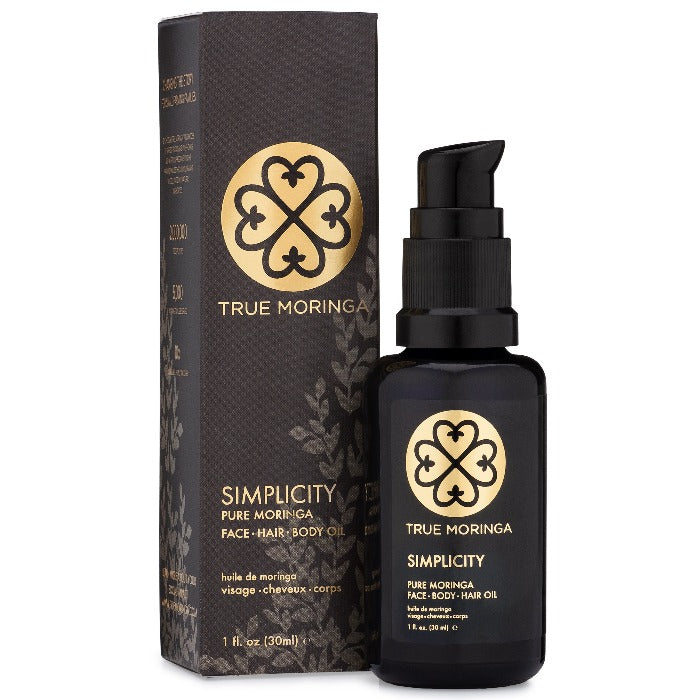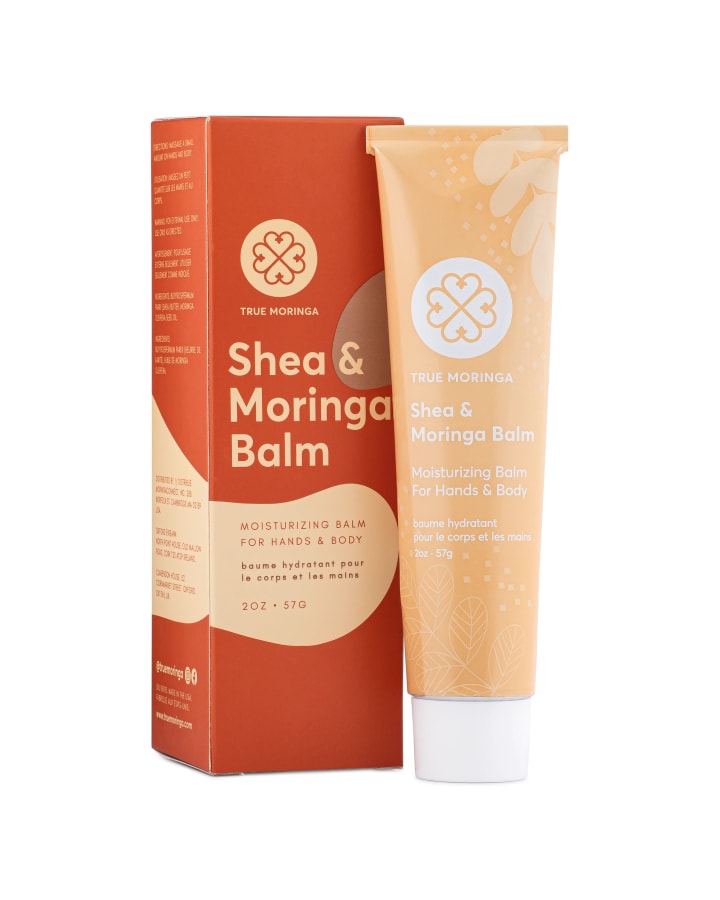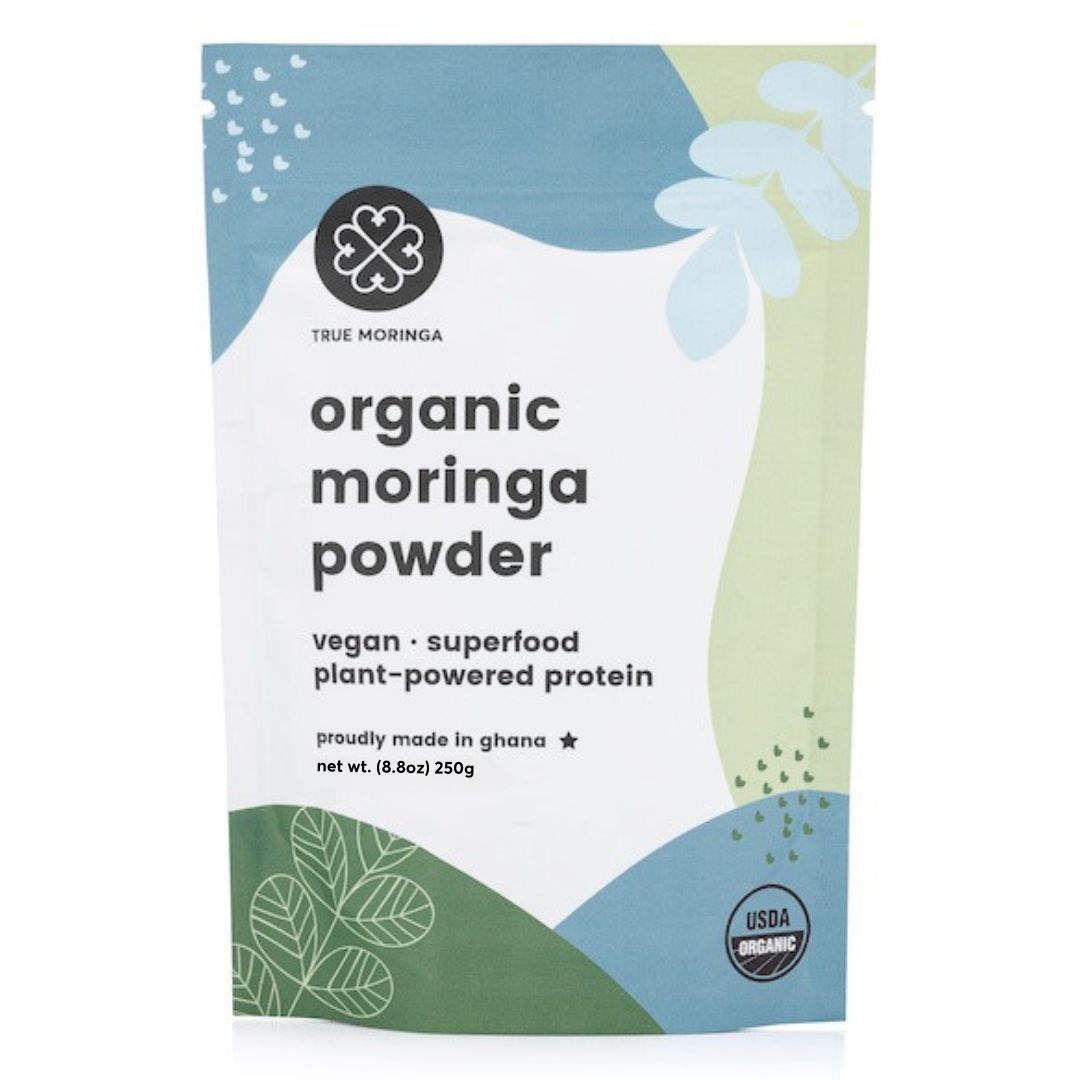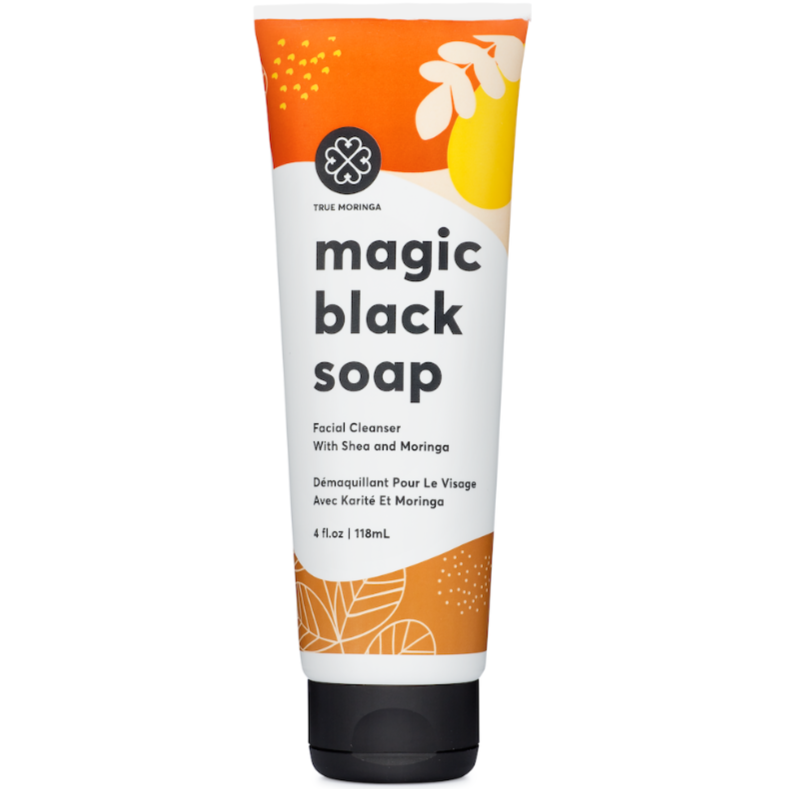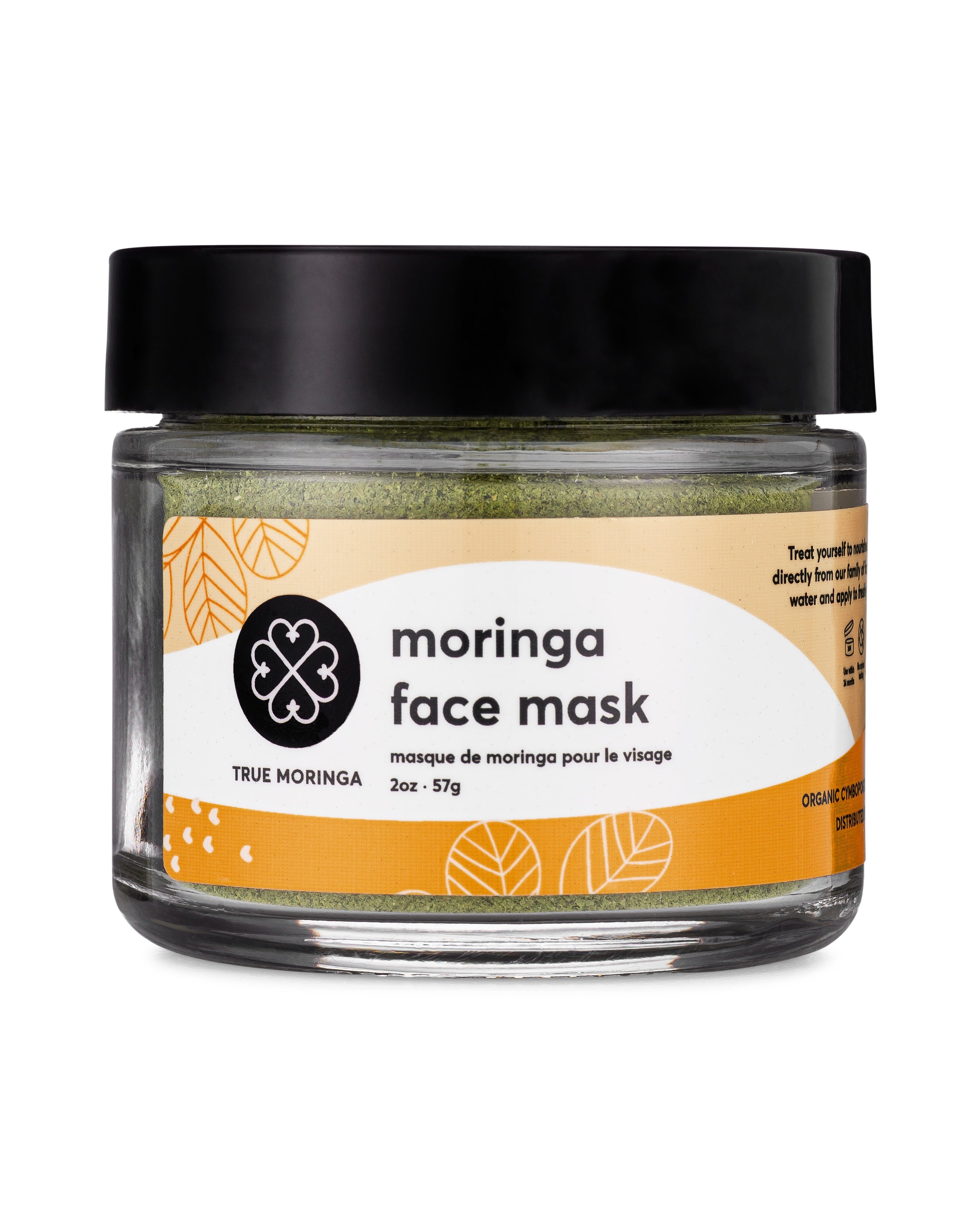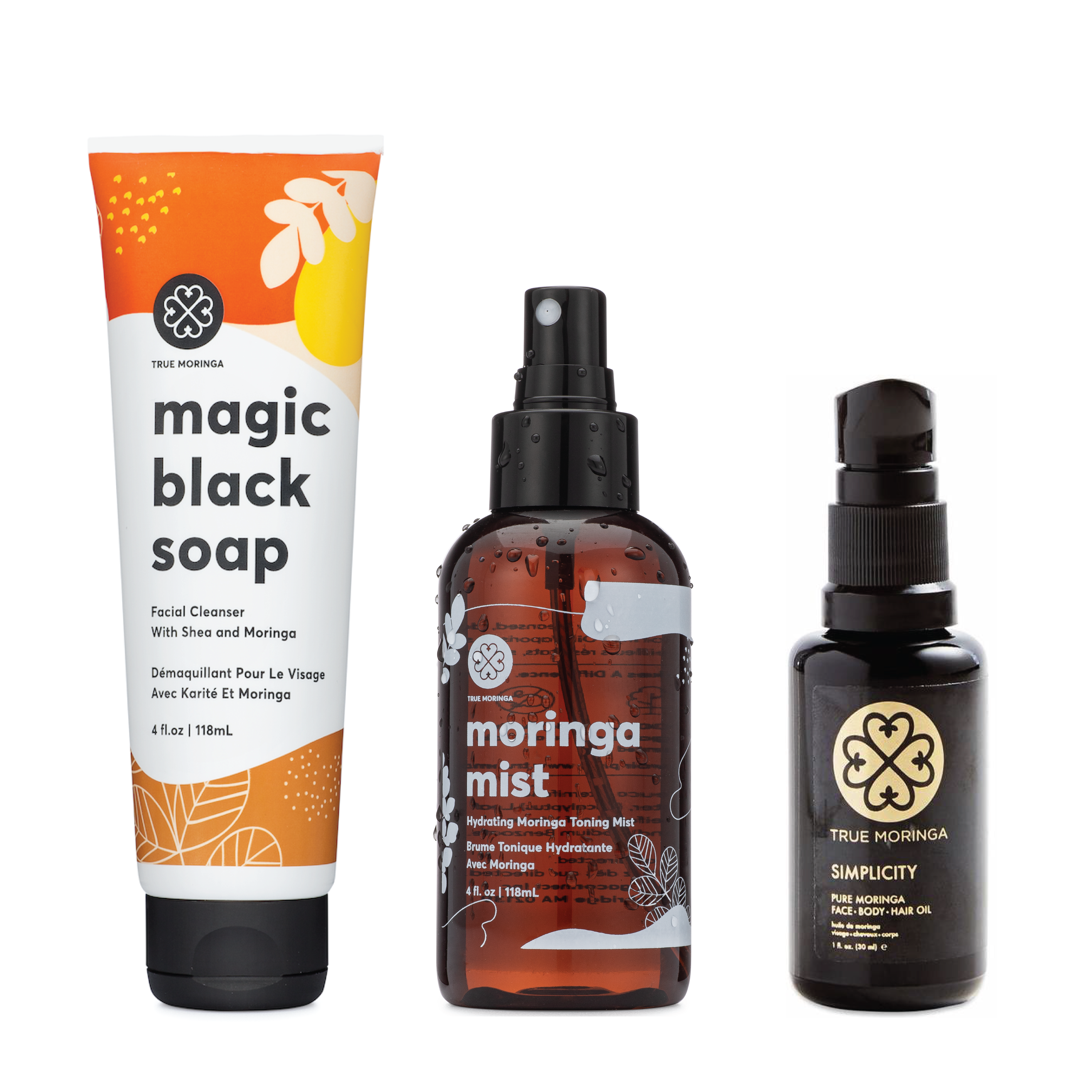


What is Black Soap?
What is black soap?
Black soap, also known as Alata Samina and Ose Dudu, has been used traditionally in West Africa for as far back as anyone can remember. It’s often credited with giving its users smooth, youthful skin and an amazingly deep clean for both skin and hair. It is 100% natural and vegan when produced by traditional methods. Though it’s called “black soap” the traditional outcome is actually brown.
How is black soap made?
Though recipes vary from families and their regions you can expect there to be the ash of plants accessible to the makers such as plantain, cocoa pods, palm tree leaves, and shea tree bark. The plant leaves and bark are sun-dried, roasted then pounded to make the ash. Afterwards water and oils like palm oil, coconut oil and/or palm kernel oil are added for the mixture to be soaked and stirred for a long period. It is then left to cure.
Black soap is sold in different forms. Traditionally it is sold in a big block that the user will have to cut into smaller pieces to use over a long period of time. Now it can also be found in bar soap forms, like our Magic Black Soap and liquid soap. All types are available in West Africa and around the world. Unfortunately, these variations have caused people to claim the other forms are “fake”, when the reality is in many cases it’s still the original recipes but in a different form. Black soap doesn’t typically have a scent but some recipes have added essential oils to the mix, like Lavender, which adds a sweet scent to it.
Is it good for all skin types?
Black soap is great for all skin types. It is especially recommend to help with sensitive skin and help treat conditions like acne, eczema and psoriasis because of its bacteria-fighting properties.

